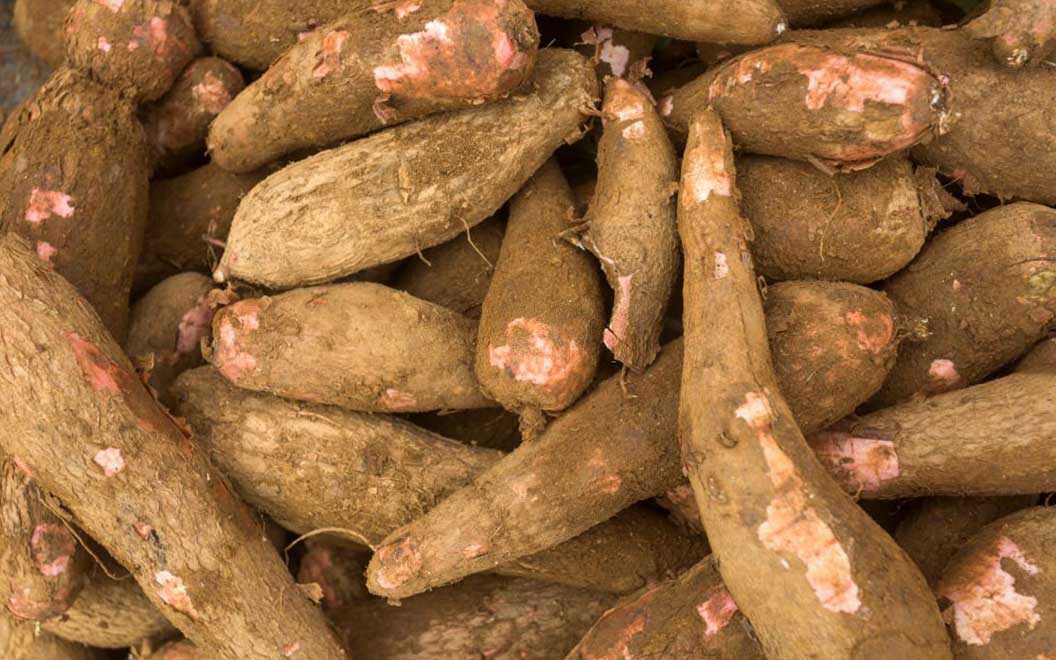Being one of the richest sources of carbohydrate, the starch and other end products produced from cassava is used as a major ingredient in the production of a variety of food products, the textile and the apparel industry, the brewery industry, carpentry sector, cosmetology, confectionaries, food and non-food applications such as manufacturing papers, adhesives and pharmaceuticals.
Over the years, there has been a consistent ready market for the production of cassava making it one of the most profitable businesses to invest in. This is because, most industries depend on it to get their source of income, and cassava has in exchange, gotten some benefits from this ready market. A ready market implies that there is the existence of legitimate buyers or sellers or investors who are willing to trade or own your produce and this is the first advantage every cassava producer having a ready market experience. The burden of thoughts of where to get your customers is lifted off.
Cassava was responsible for the production volume of 8.8 million tons in 2020. Experts have predicted the cassava starch market to reach USD 66.84 billion/11.0 million tons by 2026. As a result of the ready market, the cassava production sector keeps on growing and expanding ever year.
The ready market of cassava production has caused a high demand resulting to the industry booming and the higher it booms the higher the revenue. A country in West Africa in 2017, produced 59 million tons of the produce resulting to 20% of the global world production. According to the chairman of the Nigeria Cassava Growers Association, the cassava industry has the potential to make USD26 billion per year.
Cassava production has influenced the employment sector positively. As the expansion and demand from the ready market increases the more workers will be needed to meet this demand consistently. As a result of this, so many people have been employed and are feeding from the revenue created by the ready market of cassava production. It has over the years served as a reliable source of income for its workers.
Ready market leases the cost of storage longevity wise, where farmers need not to worry about how to keep produce for a long time as well as preserve it whilst searching for customers. With this, the ready market exists to buy the product immediately after it’s produced. There’s hence no need for the farmer to think of the longevity of storage even in abundance of harvest, money for storage and preservation is saved then and used for further expansion or otherwise.
In as much as there is a consistent ready market for cassava, this does not apply to all. Some cassava producers due to certain challenges don’t have that ready market. This makes them have no customers to sell the produce to immediately it is produced and hence have to think of the storage and preservation cost.
Aside the storage cost, there is a low demand and a low demand implies a low revenue and lack of expansion of cassava production. If expansion does not set in, more people don’t get to be employed. Even the existing workers will receive a low income compared to the workers of a cassava production having a ready market that is, all things being equal. Since farmers won’t be motivated by the ready market to produce more, there would be a slow pace of development of cassava production in that area, thereby attracting no or few investors.


Comments are closed.